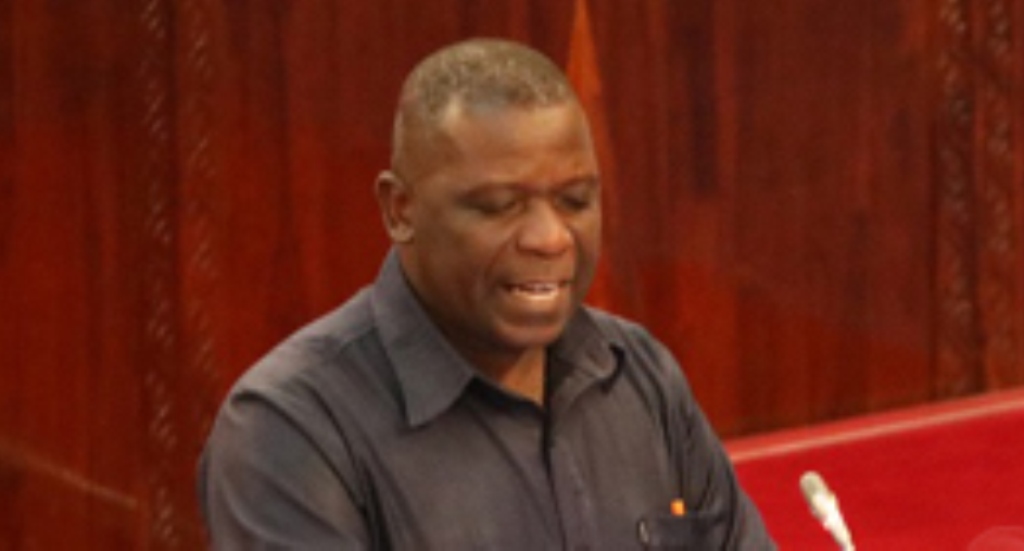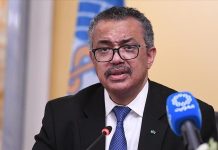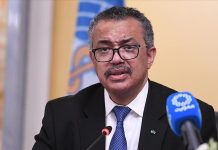THE Parliamentary Committee on Foreign Affairs, Defence and Security has asked the government to scrutinize thoroughly refugees’ background before granting them citizenship status.
Presenting its annual report on Wednesday, the committee cautioned that there were some dangerous indicators from some of the refugees, who had been granted citizenship.
“There’s a pressing need for the government to review the status of the refugees who have been granted citizenship in accordance with international laws in order to tackle emerging security challenges,” stated the Committee Chairman, Mr Salum Rehani.
“There’s also significance for the government to deploy those refugees in separate areas in order to avoid security challenges that might happen in their current areas of living,” he added.
He stated further that some of the refugees who have been granted Tanzania citizenship have started causing security concerns, urging the government to disperse them to various areas in the country, instead of a single, permanent place.
The committee also observed that there were still criminal activities in refugee infested areas and refugee camps.
“There’s also slow speed of voluntary repatriation of Burundi’s refugees as some of them have suddenly changed their minds (of not returning home), something which is not a good sign,” the committee observed further.
Meanwhile, the committee has advised the government to fast-track the process of formulating Diaspora, foreign affairs, and defence policies.
It noted that lack of Diaspora policy was denying the government big revenue and other benefits that could have been accrued thereof.
“The committee has found out that between July 2018 and September 2019 Diaspora bought houses in the country worth 2.53bn/-. The committee therefore believes, if there was a conducive environment (Diaspora policy inclusive), they would have contributed immensely” said Mr Rehani.
According to the report, the government has no accurate statistics of the number of Diaspora as the current figure stands at 98, 658 only.
The committee noted that lack of National Defence Policy was affecting efficiency and coordination of the national defence.
It further noted that lack of new Foreign Policy was making the country lagging behind considering the sweeping economic reforms across the World.
According to the United Nations Higher Commissioner for Refugees, by October 31, 2018, Tanzania was host to 330,755 refugees and asylum seekers.
They were mainly from Burundi (245,964) and the Democratic Republic of Congo (DRC) (84,170) from 15 different nationalities (621) and a small population of refugees of mixed nationalities (270) was hosted in urban centres, mainly in Dar es Salaam.
The majority of refugees and asylum-seekers live in three refugee camps in north western Tanzania — N yarugusu, Nduta and Mtendeli.
However, in August 2017, the Tripartite Commission Tanzania, Burundi and UN HCR agreed to implement a work plan from September 2017 entailing the voluntary repatriation plan of Burundian refugees who wished to return to the decades-long conflict hit tiny East African nation.
Available reports also indicate that the global refugees’ agency has facilitated the voluntary return of almost 75,000 refugees since September 2017, under a deal with Burundi and Tanzania.







